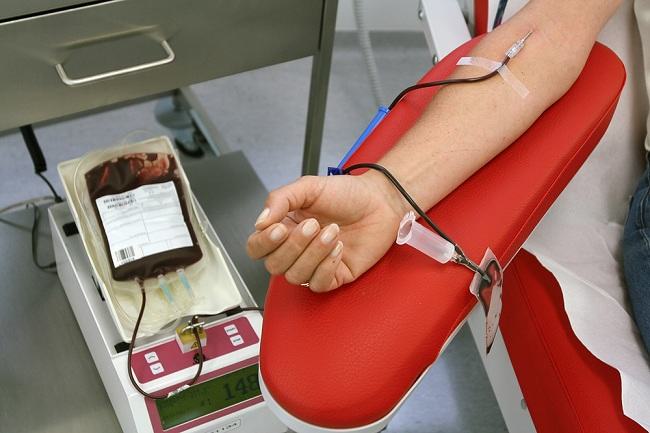Taking a warm bath during pregnancy is one way that pregnant women can do to relax the body and relieve muscle pain. However, there are several things that must be considered so that this activity does not pose a danger to pregnant women and the fetus in the womb.
In addition to dealing with muscle pain, taking a warm bath during pregnancy is also useful for relieving lower back pain and calming the mind, making it suitable for pregnant women who want to unwind and deal with stress. However, these benefits can only be obtained if pregnant women do it the right way.

Facts About Taking a Hot Shower During Pregnancy
In general, a warm bath is safe for pregnant women as long as the water temperature does not exceed 38°C. Avoid bathing with water that is too hot, because it can increase the mother's body temperature drastically and trigger hyperthermia, especially in the first trimester.
Bathing with water that is too hot for long can also lower blood pressure and make pregnant women dizzy, weak, and easily tired. This condition can also increase the risk of the fetus experiencing a lack of oxygen and nutrients.
In addition, if pregnant women take hot baths too often, there are several risks that can occur to the fetus in the womb, namely:
- Miscarriage.
- Disorders of the process of formation of the brain and nerves of the fetus.
- Hernias in babies.
In addition to bathing with water that is too hot, pregnant women should also not soak in pools or hot tubs, steam baths, or saunas, to avoid the risks above.
Safe Tips for Taking a Hot Shower During Pregnancy
So that pregnant women can get various benefits from a warm bath, follow these guidelines:
1. Pay attention to the temperature and duration
It was mentioned earlier that the proper water temperature is no more than 38°C. Pregnant women are also advised not to bathe for too long, which is only about 10 minutes.
Before bathing, pregnant women can use a thermometer to check the temperature of the water or measure its warmth with an elbow or fingertip. If the temperature of the brine is high or feels too hot, let it sit for a few minutes or add cold water to taste.
2. Avoid hot baths in the bathtub
A warm bath using a dipper to flush the body is more recommended than soaking in a bath bathtub. This is because pregnant women can bathe too long inside bathtubs. Too long soaking in warm water can cause pregnant women's body temperature to increase.
In addition, the bacteria in the soaking water can also cause folliculitis on the skin and may harm the health of the fetus, especially if pregnant women bathe in public places.
3. Avoid bathing with aromatherapy or bubble baths
Soaking in warm water plus aromatherapy oil or bubble bath can indeed make the body more relaxed. However, pregnant women should avoid this, because it can increase the risk of vaginal yeast infection Candida albicans.
This yeast infection can cause discomfort in the vaginal area, and if left untreated, can be transmitted to the baby when it is born.
As an alternative, pregnant women can add Epsom salt to warm water when bathing. Epsom salt baths are known to be good for pain relief, cleanse the skin, and help pregnant women feel more relaxed.
4. Be careful while in the bathroom
Pregnant women need to be careful when going in, out, and while in the bathroom. Slippery floors can make pregnant women slip and get injured. In fact, the fetus in the womb of pregnant women can also be injured.
To avoid this, place non-slip rubber feet on the floor before entering the bathroom. If necessary, place the seat below shower or near a tub of water so that pregnant women can bathe while sitting.
If you meet some of the requirements above, a warm bath during pregnancy is quite safe to do and can provide health benefits. However, if you are still in doubt or have questions about taking a warm bath during pregnancy, pregnant women can ask their obstetrician during a routine pregnancy check-up.









